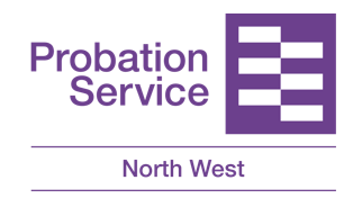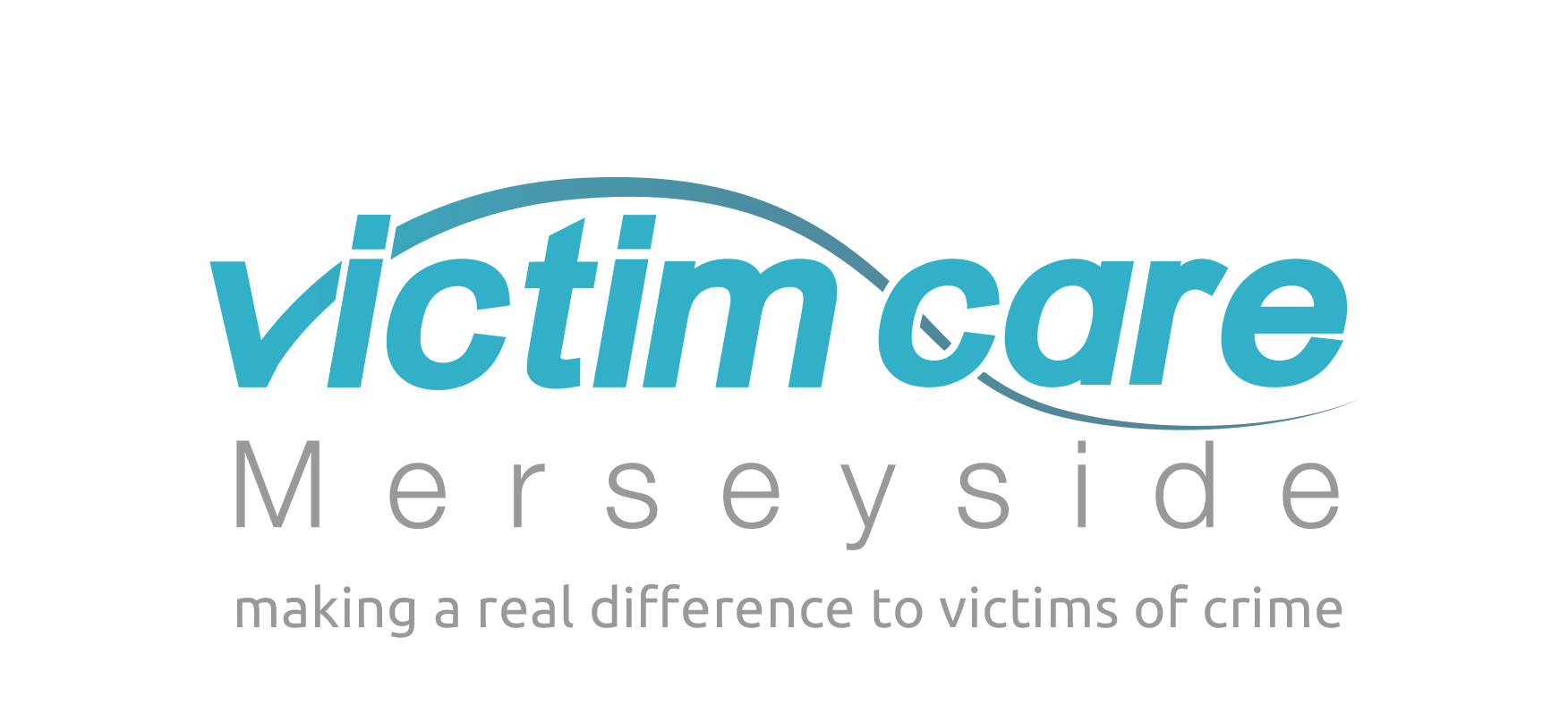Who benefits from Restorative Justice?
Victims often want to understand why the crime happened to them. They also want to play some part in the process of what happens to the person who committed the harm.
Victims want to know that they are not likely to be harmed by the same person again, and often they want to know that the offender will not harm anyone else in the future either.
By helping the offender to face up to the consequences of what they have done, Restorative Justice provides the offender with the chance to make a real difference to the victim, and to begin to think about changing their behaviour in the future.
Restorative Justice can help the offender to achieve a positive outcome for both the victim and themselves. It means that the offender has the chance not just to say sorry and feel sorry, but to do something about it.
Research shows that around 60% of victims offered the opportunity to participate in Restorative Justice say yes. For offenders, approached on the basis of having accepted responsibility/pleaded guilty and with a victim who wishes to participate, 75% say yes.
Probation Services
The public should be confident that the Probation Services manages sentences of the Court effectively, supporting people to lead positive, law abiding lives.
Restorative Justice is one way of working with people who have caused harm to others to reduce the likelihood of further offending, and therefore prevent further victims.
When can Restorative Justice take place?
Restorative Justice can be used to resolve harm and conflict caused by crime and can be used when the victim feels it would support them in their recovery.
It can take place at all stages of the Criminal Justice System (CJS), including Out-of-Court, Pre-Sentence (as part of either an adjournment between plea and sentence or as part of a deferred sentence), and Post-Sentence.
It is important that there is the opportunity for a Restorative Justice activity to take place at the right time for all the participants involved.
Restorative Justice should not disrupt CJS processes or timeliness targets.
Which cases are suitable?
No offence is excluded.
There must be an identifiable victim, an identified harmer or charged offender, and an admission of responsibility or a guilty plea/finding of guilt if the case is proceeding through the courts system.
Restorative Justice should be victim-focused, so that it is their choice whether or not to participate, but the offender also has to agree.
The service is free of charge, completely confidential and impartial. If a victim or offender is being supported by a CJS agency or partner we will update that organisation about the outcomes of Restorative Justice activities.
Will it impact on any sentence?
That is for the sentencer alone to decide. It is not the purpose of Restorative Justice to influence sentencing decisions. That is made clear to both victim and offender at the start.
How do I find out more or make a referral?
The service accepts referrals for all crimes.
The service takes referrals from the police, victims, victims’ services organisations, offender management agencies and any other organisation that is working with victims or offenders.
Any Restorative Justice outcome will be determined in line with both the victim’s and offender’s wishes.
The Restorative Justice procedure will not prejudice the victim, offender or the criminal justice process.






